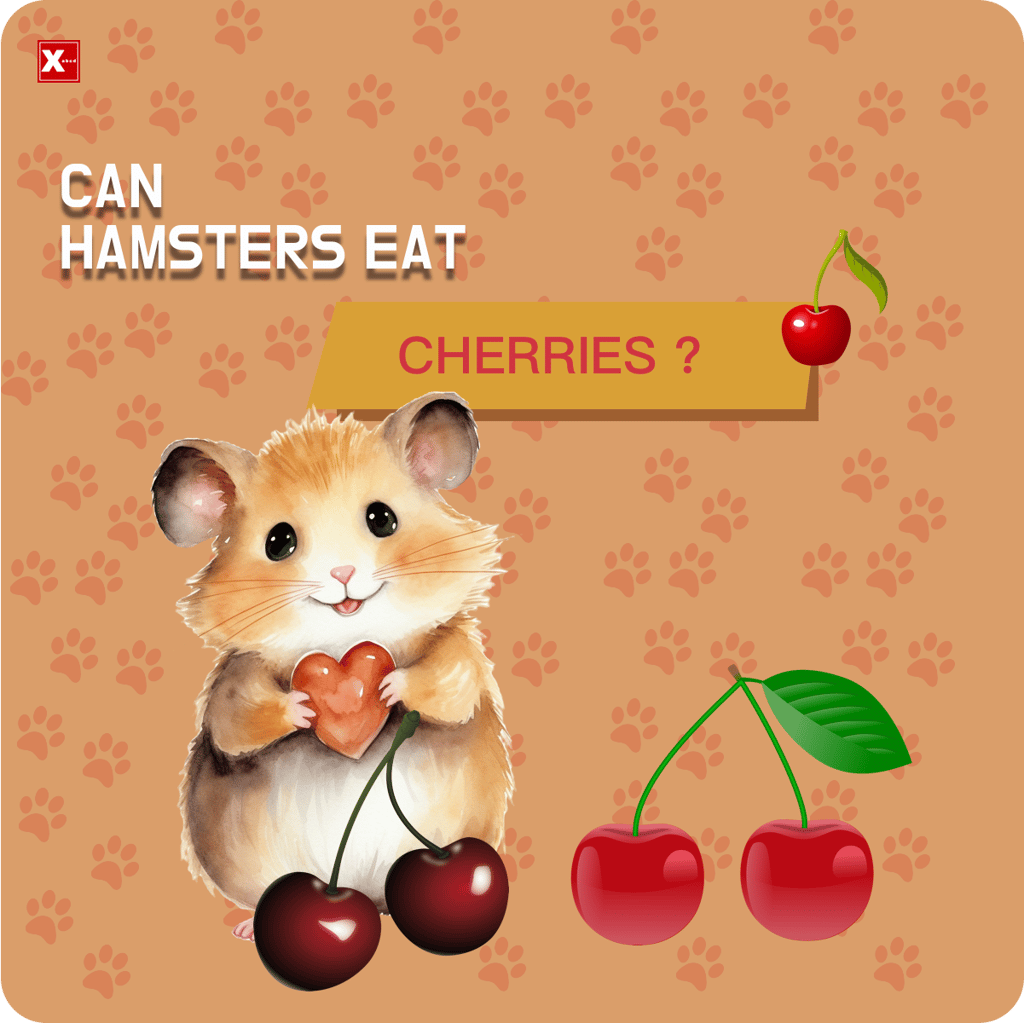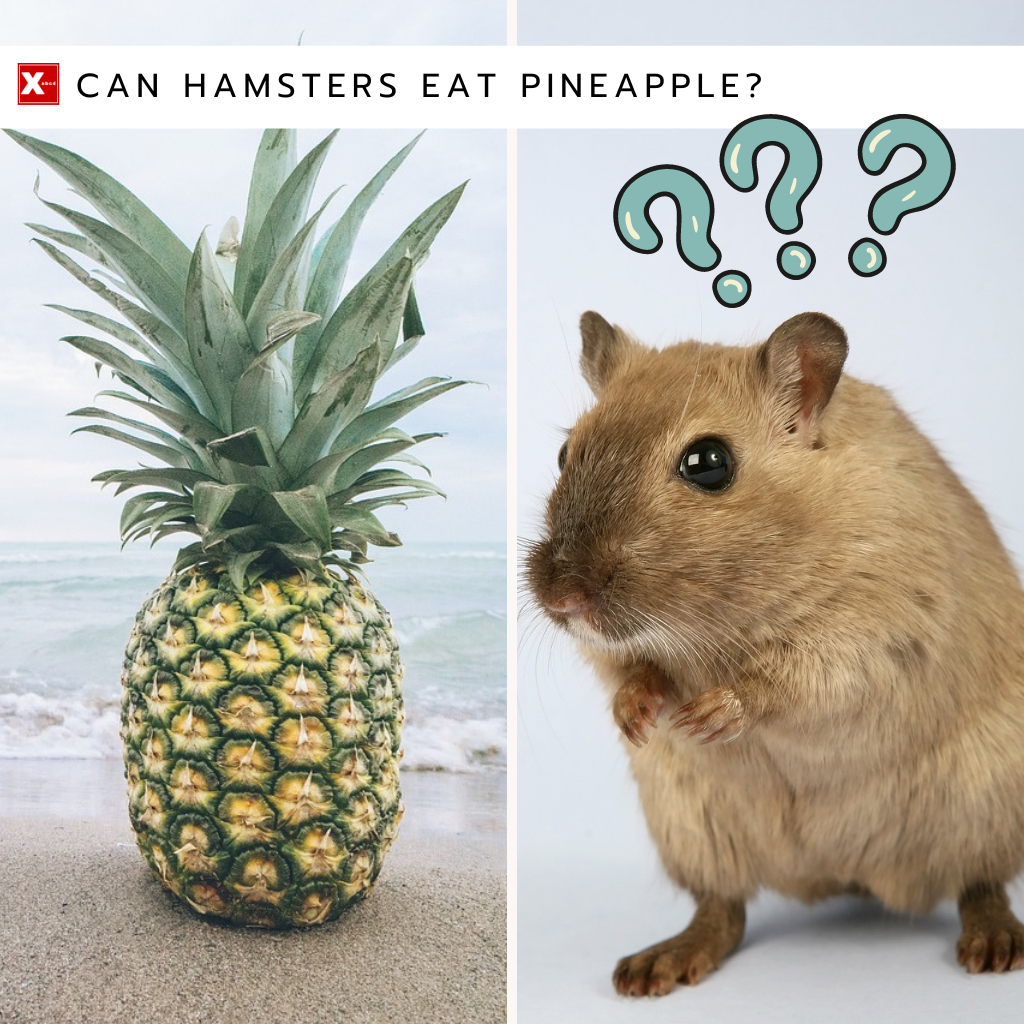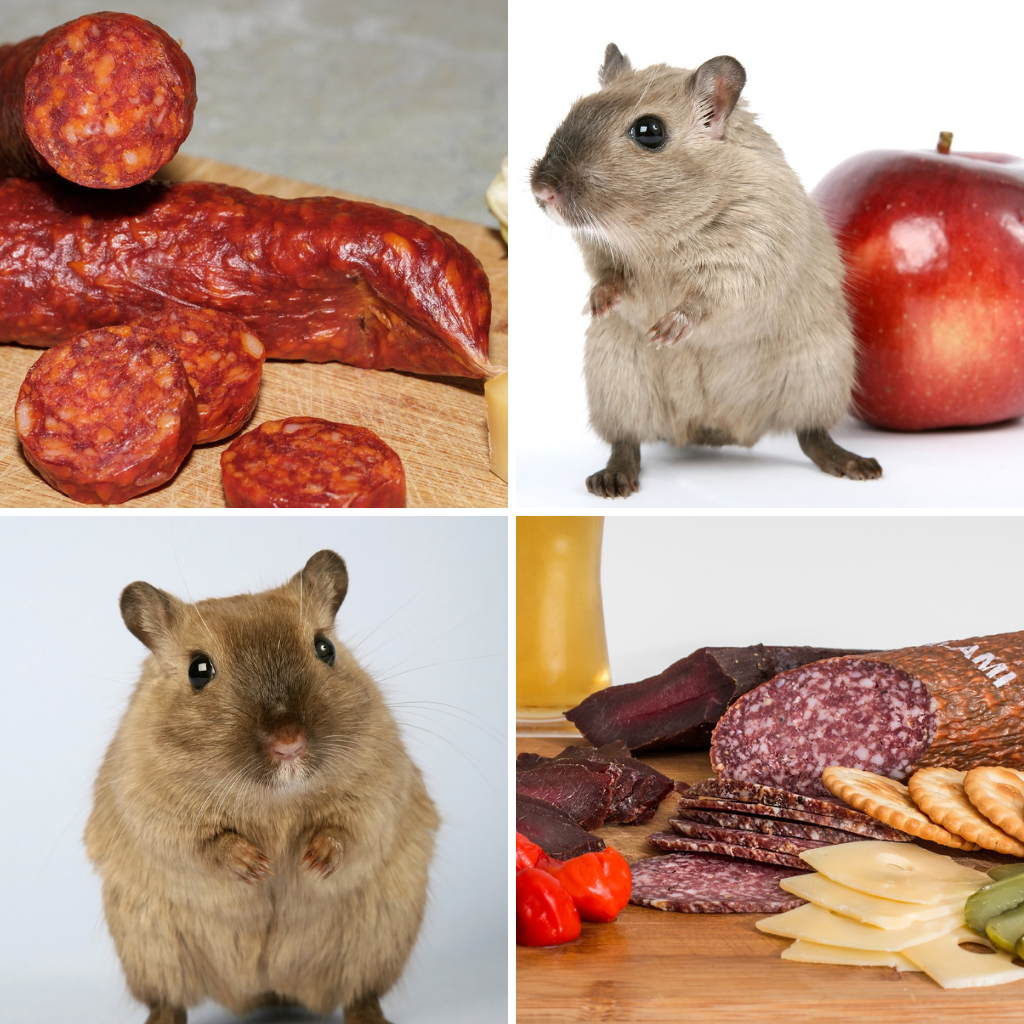Yes, hamsters can eat cherries, but it is essential to understand the potential risks involved. Cherries offer nutritional benefits, but their pits and stems can be harmful to hamsters. This article explores the facts and risks of feeding cherries to hamsters and provides guidance on how to safely incorporate them into your furry friend's diet. By making informed choices, you can ensure your hamster stays healthy and happy.
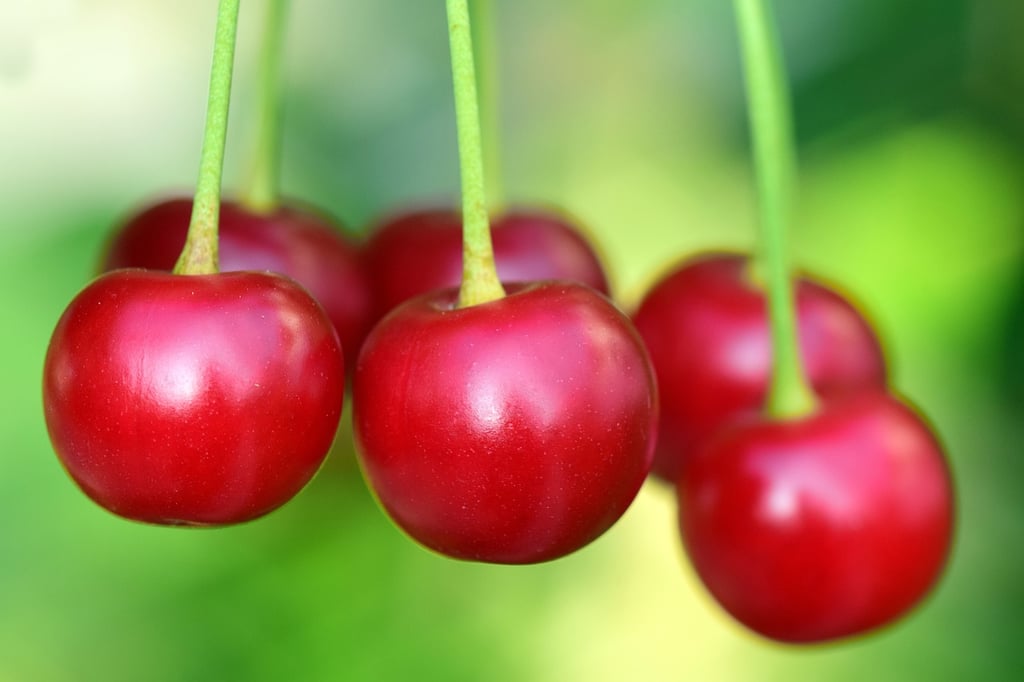
Introduction: Understanding Hamster's Diet
Hamsters are adorable furry companions known for their small size and lively behavior. As pet owners, it is essential to provide them with a well-balanced and nutritious diet to ensure their overall health and well-being. Understanding the dietary needs of hamsters is crucial, as it helps us make informed choices when it comes to offering them different types of foods.
Hamsters are omnivorous creatures, meaning they can consume both plant-based and animal-based foods. However, their diets primarily consist of grains, seeds, nuts, fruits, and vegetables. It is important to note that hamsters have specific dietary requirements that differ from other pets, such as cats or dogs.
Grains:
Grains form a significant part of a hamster's diet as they provide essential carbohydrates and fiber. Common grains suitable for hamsters include oats, barley, millet, and wheat. These grains can be offered in small quantities, either in their raw form or as part of hamster food mixtures specifically designed for their nutritional needs.
Seeds and Nuts:
Seeds and nuts are excellent sources of protein and healthy fats for hamsters. Sunflower seeds, pumpkin seeds, flax seeds, and peanuts are options to consider. However, it is crucial to offer them in moderation due to their high-fat content. Too many seeds and nuts can lead to obesity and other health issues in hamsters.
| Foods to Include | Foods to Avoid |
|---|---|
| Oats | Chocolate |
| Barley | Onions |
| Millet | Grapes |
| Wheat | Garlic |
Fruits and Vegetables:
Fruits and vegetables are essential for providing hamsters with necessary vitamins, minerals, and fiber. Examples of suitable fruits include apples, bananas, strawberries, and blueberries. When offering fruits, it is essential to remove any seeds or pits as they can be toxic to hamsters. Additionally, vegetables like carrots, broccoli, spinach, and cucumber can be given to hamsters, promoting a varied and wholesome diet.
Protein:
While hamsters are primarily herbivores, they also require a source of protein in their diet. High-quality hamster food pellets usually contain adequate protein amounts. Additionally, occasional treats of cooked eggs, lean meats, or mealworms can be offered to ensure their protein needs are met. It is important to ensure these protein sources are cooked and free from seasonings, salts, or additives that can harm hamsters.
By understanding the key elements of a hamster's diet, we can ensure that our furry friends receive the necessary nutrients they need to thrive. Offering a variety of grains, seeds, nuts, fruits, vegetables, and occasional protein sources in the right quantities can help keep our hamsters healthy and happy. However, it is essential to remember that each hamster is unique, and their dietary preferences may vary. Consulting a veterinarian for specific dietary recommendations is always a good idea to ensure that we are meeting our hamster's individual nutritional needs.
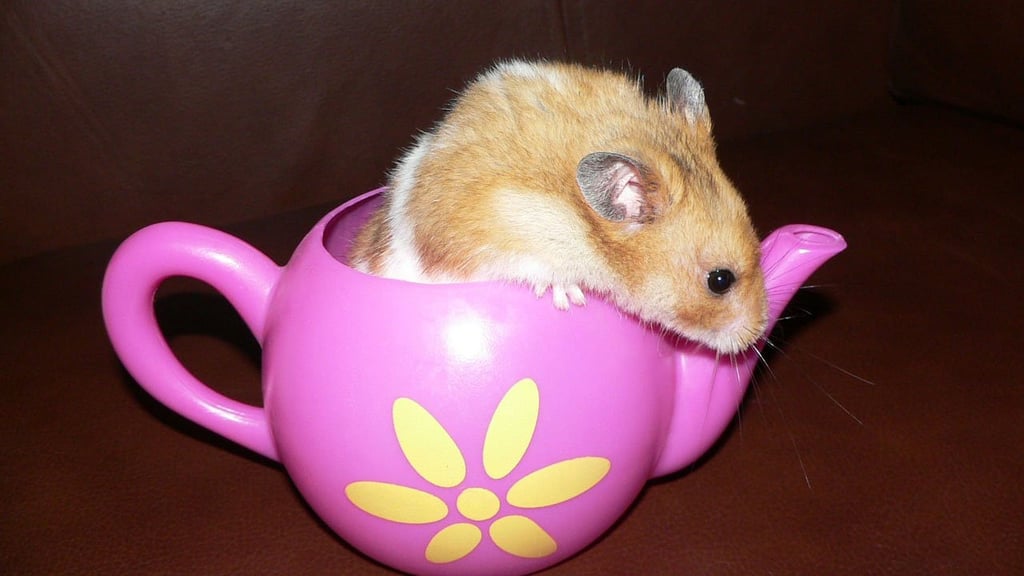
The Nutritional Value of Cherries
Cherries are not only delicious but also packed with nutrients that can benefit hamsters when provided in the right amounts. These small fruits are rich in vitamins, minerals, and antioxidants that contribute to their nutritional value.
One of the primary nutrients found in cherries is vitamin C. Hamsters, like humans, cannot produce their own vitamin C, so it is crucial to include it in their diet. Vitamin C plays a vital role in maintaining a healthy immune system, promoting wound healing, and aiding in the absorption of iron.
In addition to vitamin C, cherries are also a good source of vitamin A. This vitamin is essential for maintaining proper eye health and supporting the growth and development of hamsters. Vitamin A also helps in maintaining healthy skin and coat.
Furthermore, cherries are known for their high antioxidant content, particularly anthocyanins. These antioxidants help protect the cells from oxidative stress and reduce inflammation, which can be beneficial for hamsters' overall health.
In terms of minerals, cherries contain potassium, which is important for maintaining proper heart function and regulating blood pressure. They also provide small amounts of calcium, magnesium, and phosphorus, which contribute to bone health and various other physiological processes in hamsters.
| Nutrient | Amount | Benefits |
|---|---|---|
| Vitamin C | 7 mg (per 100g) | Helps boost the immune system and promote overall health. |
| Vitamin A | 640 IU (per 100g) | Supports good vision and promotes healthy skin. |
| Dietary Fiber | 2.1 g (per 100g) | Aids digestion and helps prevent constipation. |
| Potassium | 222 mg (per 100g) | Important for maintaining proper heart function and regulating fluids in the body. |
| Antioxidants | Various | Helps protect cells from damage and may have anti-inflammatory effects. |
While cherries offer several nutritional benefits, it is important to note that they should only be given to hamsters as an occasional treat due to their high sugar content. Too many cherries can lead to digestive issues, weight gain, and potential dental problems.
Always remember to introduce new foods gradually and observe how your hamster reacts to them. If any signs of discomfort or adverse effects are noticed, it's best to discontinue offering cherries or consult a veterinarian.
In conclusion, cherries provide hamsters with essential vitamins, minerals, and antioxidants that contribute to their overall health and well-being. However, moderation is key when it comes to incorporating cherries into your hamster's diet. By doing so, you can ensure your furry friend enjoys the nutritional benefits without any negative consequences.
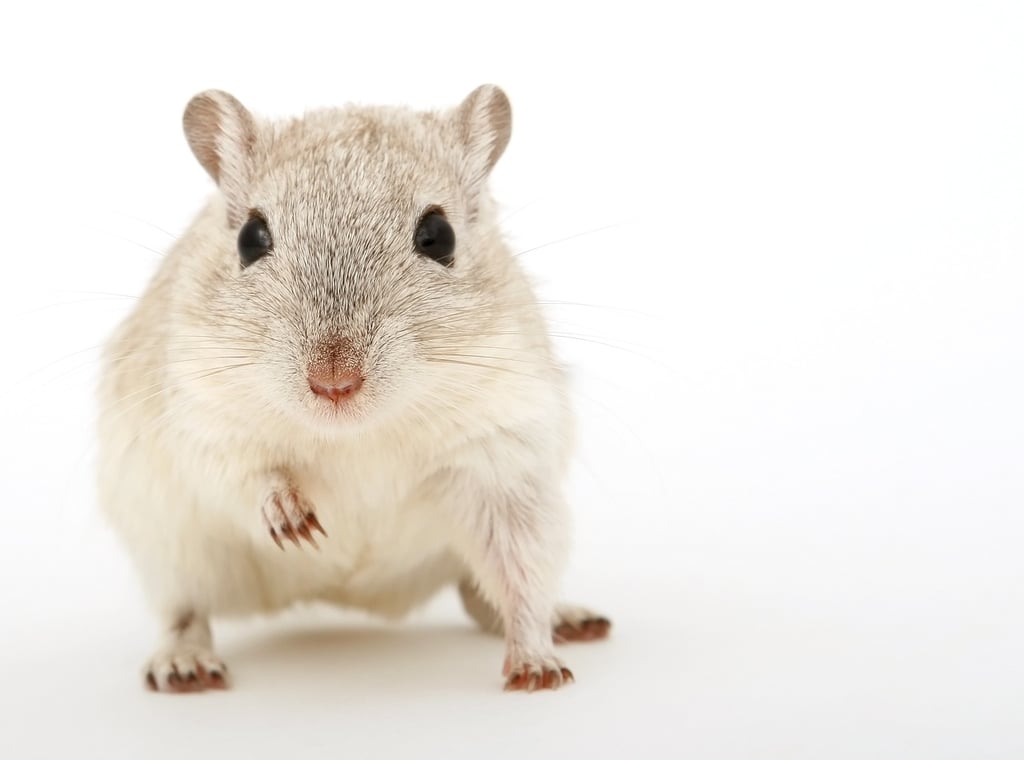
Potential Risks of Feeding Cherries to Hamsters
While cherries may seem like a delicious and harmless treat, it's important to be aware of the potential risks associated with feeding them to hamsters. Here are a few factors to consider:
1. Choking Hazard: Cherries are relatively small fruits with pits in the center. These pits can pose a choking hazard to hamsters, especially if they try to swallow them whole. As small animals, hamsters have delicate respiratory systems, and a blocked airway can be life-threatening.
2. Digestive Issues: Cherries contain high amounts of natural sugars and fiber. While small amounts of fruit can be beneficial for hamsters, too much can lead to digestive problems such as diarrhea, bloating, and stomach upset. It's important to moderate their fruit intake and provide a balanced diet.
3. Cyanide Content: Cherry pits contain small amounts of cyanide, which is toxic to many animals. While the flesh of the cherry is generally safe for hamsters to consume, accidentally ingesting the pit could be harmful. It's essential to remove all pits thoroughly before offering cherries to your pet.
4. Allergic Reactions: Some hamsters may be allergic to cherries or certain components of the fruit. Signs of an allergic reaction can include itching, redness, swelling, or respiratory distress. If you notice any of these symptoms after feeding your hamster cherries, discontinue their consumption and consult a veterinarian.
| Risk | Description |
|---|---|
| Choking Hazard | Cherry pits can pose a choking hazard to hamsters, potentially leading to respiratory distress. |
| Digestive Issues | Excessive fruit consumption can cause digestive problems like diarrhea, bloating, and stomach upset in hamsters. |
| Cyanide Content | Cherry pits contain small amounts of cyanide, which is toxic if ingested by hamsters. |
| Allergic Reactions | Some hamsters may be allergic to cherries, resulting in symptoms like itching, redness, swelling, or respiratory distress. |
Considering these potential risks, it is generally recommended to avoid feeding cherries to hamsters. There are plenty of other suitable fruits and vegetables that can provide necessary nutrition without the associated dangers. Always prioritize your hamster's safety and consult with a veterinarian for specific dietary advice.
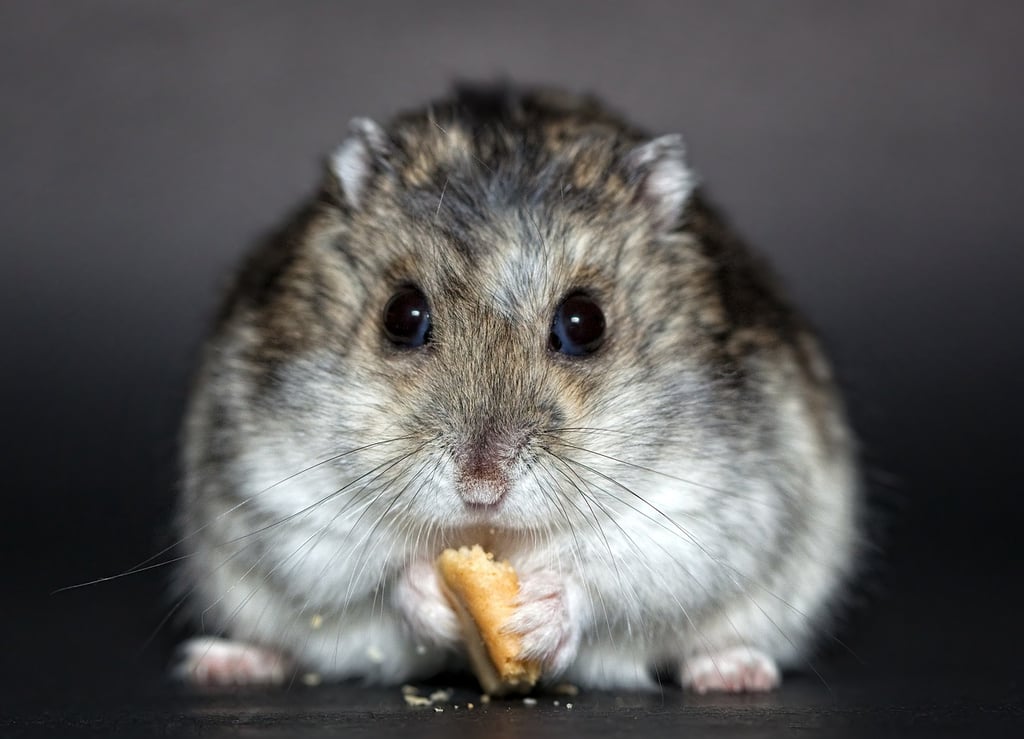
How to Safely Offer Cherries to Your Hamster
Feeding your hamster cherries can provide a tasty and refreshing treat, but it's important to ensure their safety and well-being. Here are some guidelines to follow when offering cherries to your furry friend:
- 1. Introduce cherries gradually: Like any new food, it's best to introduce cherries slowly to your hamster's diet. Start by offering a small piece of cherry as a treat and observe their reaction. If there are no signs of digestive upset or allergies, you can gradually increase the portion size.
- 2. Remove pits and stems: Before offering cherries to your hamster, make sure to remove the pits and stems. These parts can pose a choking hazard or potentially contain harmful substances. Only offer the flesh of the cherry to your hamster.
- 3. Wash cherries thoroughly: Prior to serving cherries to your hamster, ensure that you wash them thoroughly to remove any pesticides or residues. Organic cherries are recommended whenever possible, as they are less likely to contain harmful chemicals.
- 4. Serve in moderation: Cherries should be given to hamsters as an occasional treat rather than a staple food. While they are rich in nutrients, they also have a high sugar content. Too much sugar can lead to obesity and other health issues in hamsters, so it's important to practice moderation.
- 5. Watch for allergic reactions: Some hamsters may have allergies or sensitivities to cherries. If you notice any signs of allergic reaction such as itching, swelling, or difficulty breathing, discontinue feeding cherries immediately and consult a veterinarian.
Remember, hamsters have small digestive systems, so it's essential to offer them a varied diet that includes a balanced mix of fresh vegetables, high-quality hamster pellets, and occasional fruits like cherries. Providing a diverse range of foods ensures that your hamster receives all the necessary nutrients for a healthy and happy life.
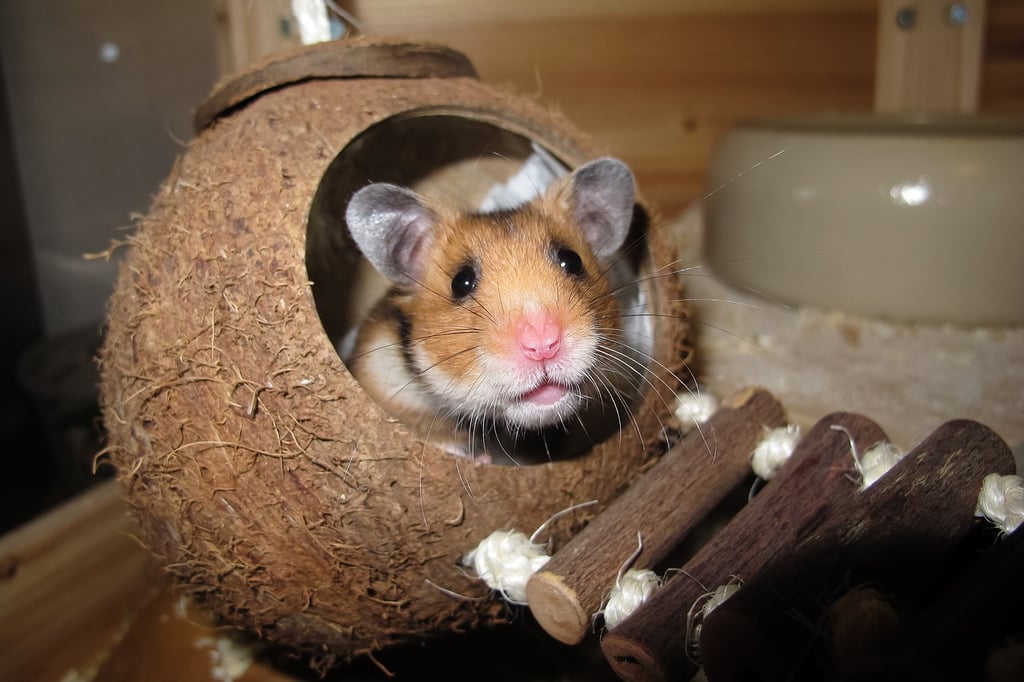
Alternative Fruits for Hamsters
Hamsters are curious creatures that often captivate our hearts. As responsible pet owners, we want to ensure their diet is nutritious and safe. This article explores the question, "Can hamsters eat cherries?" by examining the nutritional value of cherries, potential risks involved, and how to safely offer cherries to your hamster. Additionally, we discuss alternative fruits that can be included in a well-balanced hamster diet. By the end of this article, you'll have a better understanding of whether cherries are suitable for your furry friend's snacking pleasure.
When it comes to providing a varied diet for your hamster, including a range of fruits can be beneficial for their overall health and well-being. While cherries may not be suitable for hamsters due to their potential risks, there are several alternative fruits that you can safely offer to your little furry friend.
| Fruit | Benefits |
|---|---|
| Apple | Apples are a great source of vitamins and fiber for hamsters. Make sure to remove the seeds and cut the apple into small, bite-sized pieces that are easy for your hamster to eat. |
| Banana | Bananas are rich in potassium and provide a creamy texture that hamsters enjoy. However, due to their high sugar content, offer bananas as an occasional treat rather than a regular part of their diet. |
| Blueberries | Blueberries are packed with antioxidants and can be given to hamsters in moderation. These small berries make a tasty and nutritious addition to their diet. |
| Grapes | Grapes are a refreshing and hydrating fruit that hamsters can enjoy. Be sure to slice grapes into small pieces to prevent choking hazards. |
| Strawberries | Strawberries are a good source of vitamin C and can be offered as a special treat to your hamster. Remember to wash and remove the leaves before serving. |
It's important to introduce new fruits to your hamster's diet gradually and in small quantities. Monitor their reaction and digestion to ensure they tolerate the new fruits well. Remember that fruits should only make up a small portion of their overall diet, with the main focus being on quality hamster pellets and fresh water.
By offering a variety of fruits, you can provide nutritional enrichment to your hamster's diet while avoiding potential risks associated with certain fruits like cherries. Remember to consult with a veterinarian for specific dietary recommendations based on your hamster's breed, age, and individual needs.
With a well-balanced and varied diet, your hamster will lead a healthy and happy life, enjoying occasional fruit treats alongside their regular meals.
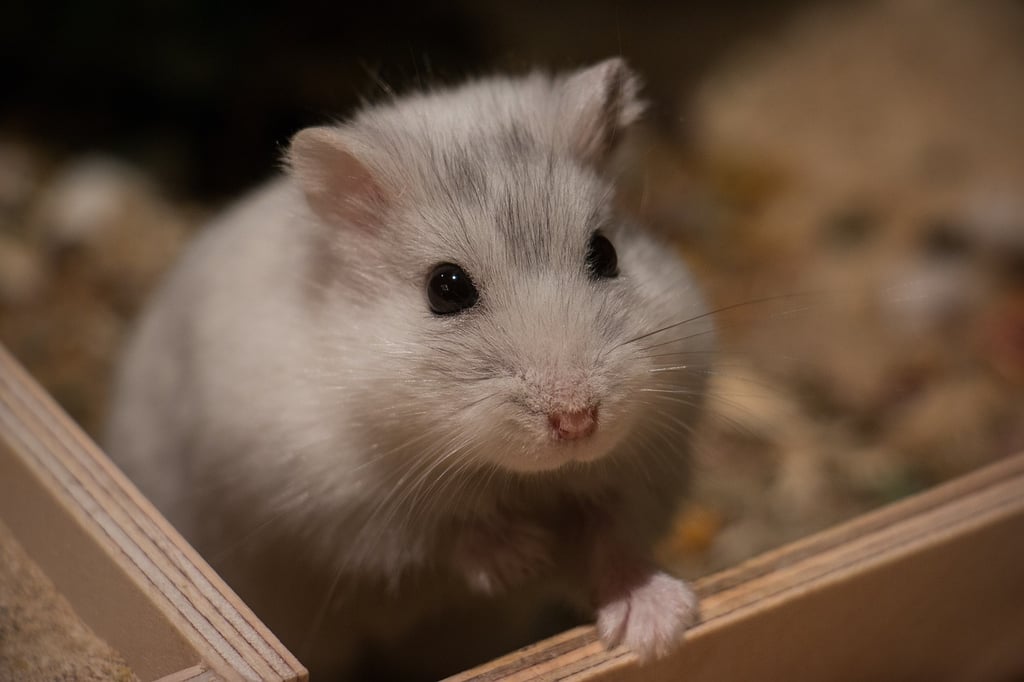
Conclusion: Balancing Variety and Safety in Your Hamster's Diet
As a responsible hamster owner, it's important to strike a balance between variety and safety when it comes to your furry friend's diet. While cherries can offer certain nutritional benefits, they also come with potential risks that need to be considered.
Variety Matters:
A varied diet is key to ensuring your hamster receives all the necessary nutrients for optimal health. Offering a range of safe fruits, vegetables, and pellets will help prevent nutritional deficiencies and boredom. By incorporating different food options, you can stimulate your hamster's natural foraging behavior and provide them with a well-rounded diet.
Consider the Risks:
When it comes to cherries, it's important to be aware of the potential risks they may pose to your hamster. Cherries contain natural sugars and are relatively high in water content, making them a potential source of digestive issues if consumed in excess. The pits and stems of cherries should always be removed as they can be a choking hazard and contain toxic compounds. Additionally, some hamsters may be allergic to cherries, leading to adverse reactions. It's crucial to observe your hamster's reaction when introducing any new food and consult with a veterinarian if you have any concerns.
| Fruit | Benefits | Precautions |
|---|---|---|
| Apples | Good source of fiber and vitamin C | Remove seeds and core |
| Bananas | Rich in potassium and vitamin B6 | Offer in moderation due to high sugar content |
| Blueberries | High in antioxidants | Give in moderation as a treat |
| Carrots | Excellent source of vitamin A and fiber | Serve in small, manageable pieces |
| Strawberries | Contain vitamin C and antioxidants | Offer in moderation due to high sugar content |
Consult with a Veterinarian:
If you have concerns about incorporating cherries or any other foods into your hamster's diet, it's always best to consult with a veterinarian. They can provide guidance based on your hamster's specific needs and advise on the potential risks associated with certain foods. Remember, each hamster is unique, and what works for one may not work for another.
Monitor and Observe:
When introducing new foods, including cherries, start with small portions and monitor your hamster's reaction closely. Look out for any signs of digestive upset, allergies, or changes in behavior. If your hamster shows any negative symptoms, discontinue the food immediately and seek veterinary advice.
Conclusion:
In conclusion, while hamsters can technically eat cherries, it is crucial to consider the potential risks involved. Balancing variety in your hamster's diet is important, but it should always prioritize their safety and well-being. By offering a diverse range of safe fruits, vegetables, and pellets, and consulting with a veterinarian when in doubt, you can ensure your hamster enjoys a balanced and nutritious diet.
Hamsters are curious creatures that often captivate our hearts. As responsible pet owners, we want to ensure their diet is nutritious and safe. This article explores the question, "Can hamsters eat cherries?" by examining the nutritional value of cherries, potential risks involved, and how to safely offer cherries to your hamster. Additionally, we discuss alternative fruits that can be included in a well-balanced hamster diet. By the end of this article, you'll have a better understanding of whether cherries are suitable for your furry friend's snacking pleasure.
Faqs
-
1. Are cherries nutritionally beneficial for hamsters?
Cherries can provide some nutritional benefits to hamsters. They are rich in vitamins, minerals, and antioxidants. However, it is important to offer cherries in moderation and as part of a balanced diet.
-
2. What are the potential risks of feeding cherries to hamsters?
While cherries can be enjoyed by hamsters, there are potential risks to consider. Cherries contain pits that can pose a choking hazard or cause intestinal blockages if ingested. Additionally, the high sugar content in cherries can lead to digestive issues or weight gain if over-consumed.
-
3. Can I give my hamster other fruits instead of cherries?
Absolutely! There are several other fruits that can be safely included in a hamster's diet. Some suitable options include apples, pears, strawberries, and blueberries. Remember to introduce new foods gradually and monitor your hamster's reaction to ensure they tolerate them well.

